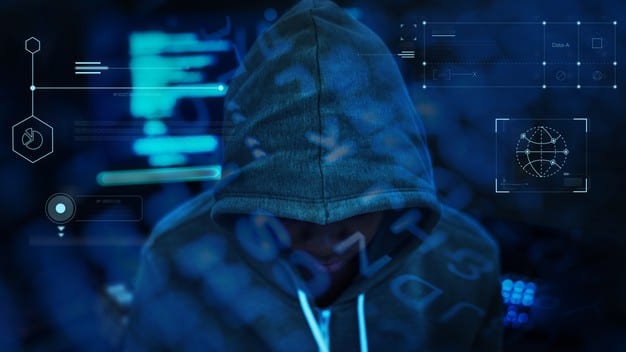Why Darknet Links Are an Essential Part of the Future of a Privacy-Focused Internet
As the digital age progresses, concerns over data privacy, government surveillance, and corporate tracking continue to escalate, making darknet links an essential component in the push for a privacy-focused internet. Darknet links operate within networks like Tor and I2P, which are designed to anonymize user identities and ensure secure, encrypted communication. In a world increasingly shaped by invasive data collection practices, these links offer a counterbalance a sanctuary where individuals can browse, communicate, and exchange information without fear of exposure or intrusion. Rather than being inherently malicious, as often portrayed in mainstream narratives, darknet links serve a crucial function in preserving internet freedom and upholding the right to privacy. One of the primary reasons darknet links are indispensable to the future of a privacy-focused internet is their ability to circumvent censorship. In many countries, access to information is heavily restricted by governments through content filtering, surveillance programs, and harsh penalties for dissent. Darknet links empower users in these regions to access uncensored news, communicate securely, and mobilize for social change without jeopardizing their safety.

By doing so, the darknet becomes not just a place for privacy, but a platform for political expression and resistance against authoritarian control. Moreover, darknet links facilitate anonymous communication that shields users from the prying eyes of advertisers and data brokers. In contrast to the surface web, where personal data is routinely harvested and monetized, the darknet allows users to escape the pervasive surveillance economy. This fosters an environment where individuals can freely explore sensitive topics ranging from health issues to political ideologies without the risk of being profiled or judged. The significance of this cannot be overstated in a time when digital footprints are constantly tracked and exploited for profit. Darknet links also play a vital role in supporting whistleblowers, journalists, and activists who rely on secure channels to share sensitive information. Platforms like SecureDrop and GlobaLeaks operate on the darknet, allowing sources to leak documents and expose corruption without revealing their identities. This contributes to the accountability of powerful institutions while minimizing the personal risks to those who speak out.
In this context, the darknet becomes a powerful tool for transparency, ironically ensuring honesty in governance and corporate behavior through anonymous disclosure. Furthermore, as cybersecurity threats grow more sophisticated, individuals and organizations increasingly turn to darknet-enabled technologies for enhanced protection. The anonymity and encryption provided by these networks make it significantly harder for hackers, malicious actors, or overreaching agencies to intercept communications or steal data. This additional layer of security is especially valuable in an age where data breaches and digital espionage are rampant. Darknet links are not just a fringe aspect of the internet they are a fundamental pillar of its future, particularly as society gravitates toward a more privacy-conscious digital landscape. They offer a critical refuge for free expression, anonymous communication, and secure information exchange. As debates around digital rights intensify, the role of darknet links in safeguarding those rights becomes ever more pronounced, positioning them as an indispensable asset in the evolution of a privacy-focused internet.

